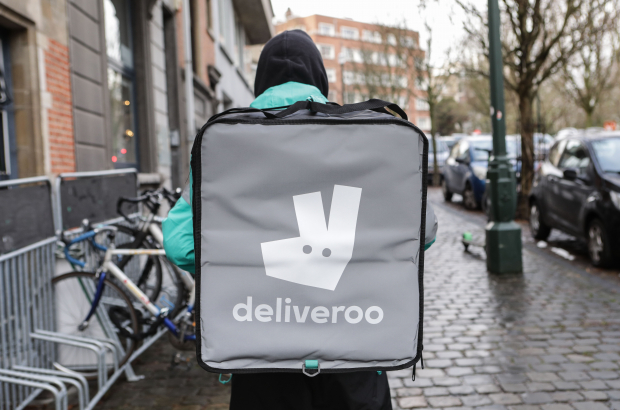- Daily & Weekly newsletters
- Buy & download The Bulletin
- Comment on our articles
Labour court ruling favours Deliveroo in dispute with couriers
The agreement between Deliveroo couriers and the meal delivery platform cannot be recognised as an employment contract, the Brussels labour court ruled on Wednesday.
"The court has concluded that Deliveroo couriers are self-employed,” a spokesperson for Deliveroo Belgium said. “This is an important recognition that is in line with the legal interpretation we have always put forward, regarding how couriers want to work with Deliveroo.”
“This is good news for couriers who appreciate the flexible work that Deliveroo allows,” the spokesperson added. “The court highlighted a number of features of the Deliveroo model that make it possible to conclude that there is self-employment, including the willingness of couriers to perform independent services, the freedom to organise working time and the absence of hierarchical power on the part of Deliveroo."
The company thus hailed the ruling as "a victory", while the Confederation of Christian Trade Unions of Belgium (ACV/CSC), which has been supporting about 30 couriers associated with the complaint, had a more nuanced reading of the judgment. The union considered it "surprising" that the Brussels labour court "does not find legal subordination (between the courier and the employer) despite a strong economic subordination."
"This judgment is not favourable to anyone, certainly not to couriers who wish to benefit from the rights of other workers, such as that of social protection or occupational accident insurance with real coverage worthy of its name," a spokesperson for the CSC union said.
According to the CSC, only 15% of Deliveroo couriers in Belgium work under the status of self-employed, which mean they finance their social protection themselves, while 85% are placed under the Belgian regime of the collaborative economy allowing them to carry out small services for income supplements "without being either employee or self-employed". And without guaranteed social security coverage.
However, the court says that it is necessary to choose between employee and self-employed, and that this Belgian legal regime is "not applicable" to the services of the platforms, the CSC argued. The CSC therefore saw the judgment as a call for the government to clarify the issue of the status of these workers "urgently". The regime of the so-called "collaborative" economy in the era of orders via smartphones was established by a 2016 law that since has caused controversy in several sectors.
However, the court stated that "the employment relationship between Deliveroo and the 115 couriers reported by the labour auditor and the others involved in the proceedings cannot be reclassified as an employment contract".
As such, the plaintiffs' claims for compensation and that of the NSSO - the Belgian social security office - to convict Deliveroo and obtain the payment of arrears of contributions are considered "unfounded", according to the decision.


















